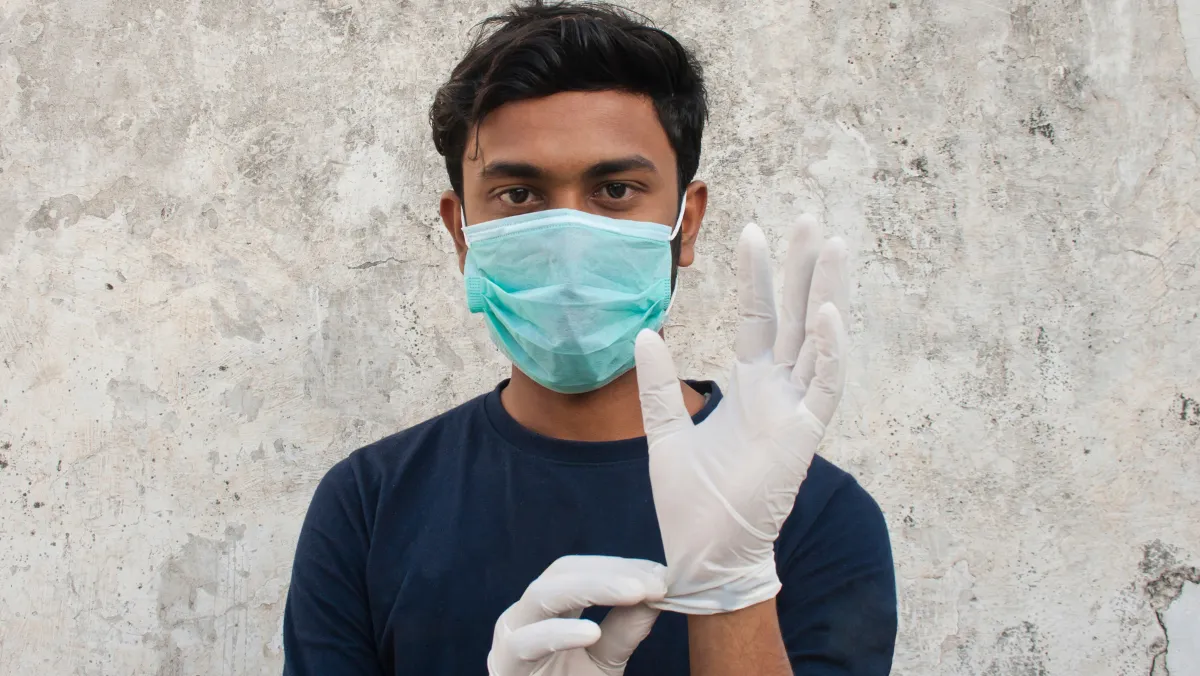
Infectious diseases are caused by pathogenic microorganisms such as bacteria, viruses, fungi, or parasites that invade the body and multiply, often leading to illness. These diseases range from mild conditions like the common cold to severe, life-threatening infections such as tuberculosis or sepsis. Globally, infectious diseases continue to be a leading cause of morbidity and mortality, particularly in developing regions, despite advances in medicine and public health.
Effective diagnosis, timely treatment, and prevention strategies like vaccination and hygiene practices are essential to control these diseases. The dynamic nature of infectious agents, including emerging pathogens and antibiotic resistance, demands constant vigilance from healthcare professionals. Proper management not only safeguards individual health but also prevents outbreaks and protects public health on a wider scale. Understanding the nuances of infectious diseases enables tailored care that improves outcomes and reduces transmission.
Infectious diseases are caused by pathogenic microorganisms such as bacteria, viruses, fungi, or parasites that invade the body and multiply, often leading to illness. These diseases range from mild conditions like the common cold to severe, life-threatening infections such as tuberculosis or sepsis. Globally, infectious diseases continue to be a leading cause of morbidity and mortality, particularly in developing regions, despite advances in medicine and public health.
Effective diagnosis, timely treatment, and prevention strategies like vaccination and hygiene practices are essential to control these diseases. The dynamic nature of infectious agents, including emerging pathogens and antibiotic resistance, demands constant vigilance from healthcare professionals. Proper management not only safeguards individual health but also prevents outbreaks and protects public health on a wider scale. Understanding the nuances of infectious diseases enables tailored care that improves outcomes and reduces transmission.
Tuberculosis
HIV/AIDS Care
Sepsis and Fever of Unknown Origin
Hepatitis B & C
Emerging Infections (COVID, H1N1)
Conclusion
Tuberculosis (TB) is a contagious bacterial infection primarily affecting the lungs but capable of spreading to other organs. Caused by Mycobacterium tuberculosis, TB is a global health challenge, especially in low-resource settings. The disease spreads through airborne droplets when an infected person coughs or sneezes.
Public health measures like vaccination with BCG, contact tracing, and improved living conditions are key to controlling TB’s spread. Multidrug-resistant TB (MDR-TB) and extensively drug-resistant TB (XDR-TB) highlight the need for continuous research and resource allocation.
Human Immunodeficiency Virus (HIV) is a virus that attacks the immune system, leading to Acquired Immunodeficiency Syndrome (AIDS) if untreated. HIV/AIDS remains a critical public health issue worldwide, requiring lifelong management to prevent disease progression and transmission.
With adherence to ART, many individuals with HIV maintain near-normal life expectancy. Comprehensive care involves addressing stigma, mental health, and ensuring access to continuous medication supplies.
Sepsis is a life-threatening condition caused by the body’s overwhelming response to infection, leading to tissue damage, organ failure, and potentially death. Fever of Unknown Origin (FUO) refers to prolonged fever without an initially identifiable cause, demanding thorough investigation.
Both conditions highlight the complexity of infectious disease management and the importance of timely, accurate diagnosis to reduce adverse outcomes.
Hepatitis B and C are viral infections affecting the liver, often progressing silently to chronic disease. They are major causes of liver cirrhosis and hepatocellular carcinoma globally.
Regular liver function monitoring and screening for complications are essential parts of ongoing care. Early treatment reduces liver damage and transmission risk.
Emerging infectious diseases like COVID-19 and H1N1 influenza illustrate the ever-evolving threat of novel pathogens to global health. These viruses can spread rapidly, causing pandemics with significant health and economic impacts.
Preparedness and coordinated international response are critical to mitigating the impact of emerging infectious diseases.
Infectious diseases represent a broad spectrum of illnesses caused by various pathogens, challenging healthcare systems worldwide. Effective management combines early diagnosis, targeted treatment, preventive vaccination, and public health initiatives to reduce disease burden. As pathogens evolve and new infections emerge, adaptability and innovation in care approaches remain vital.
At Kannappa Memorial Hospital, a multidisciplinary team of infectious disease specialists employs state-of-the-art diagnostic tools and evidence-based therapies to manage both common and complex infections. Through personalized treatment plans and robust infection control measures, the hospital strives to protect individuals and communities. Maintaining vigilance, promoting awareness, and advancing medical expertise ensure that infectious diseases are met with timely and effective care, safeguarding health and well-being in an ever-changing microbial landscape.
An infectious disease is caused by harmful microorganisms like bacteria, viruses, fungi, or parasites that invade the body and multiply, causing illness. Examples include tuberculosis, HIV/AIDS, influenza, hepatitis B and C, malaria, COVID-19, sepsis, measles, dengue fever, and fungal infections like candidiasis. These diseases can spread directly or indirectly between people or animals, necessitating targeted prevention and treatment strategies.
The four most common infectious diseases globally are respiratory infections like influenza and COVID-19, tuberculosis, HIV/AIDS, and diarrheal diseases such as cholera. These illnesses contribute significantly to morbidity and mortality, especially in low- and middle-income countries. Effective vaccination, sanitation, and access to medical care are crucial in controlling their spread and impact.
It is called an infectious disease because it results from the invasion of the body by infectious agents such as bacteria, viruses, fungi, or parasites. These agents can be transmitted from one individual to another, either directly or indirectly, leading to infection and illness. The term emphasizes the contagious nature and capacity to spread between hosts.

Oxford Healthcare is committed to providing world-class medical care with compassion and integrity. Your health is our priority.
Copyright ©[2025] Kannappa Memorial Hospital. All Rights Reserved
© Designed and Developed By Cloudstar Digital